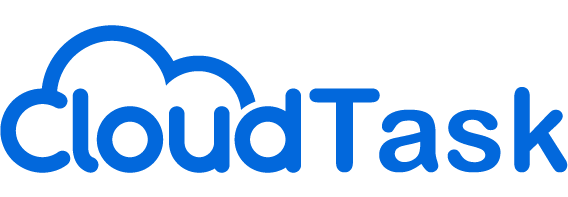Listen to this podcast on your favorite platform
There’s no question that revenue growth remains one of the most important factors in a company’s financial valuation, ability to raise capital, and ability to attract top talent.
However, while some companies, investors, and shareholders are still focused on “growth at all costs,” there is an emerging group of investors and operators — especially in the software and technology community — that are promoting sustainable growth, accelerating revenue growth profitably, as the leading indicator of a company’s overall shareholder value.
As more companies pursue the sustainable growth path for increasing shareholder value, companies that find ways to leverage sales outsourcing effectively will have a higher probability of achieving profitable growth than their competitors.
Based on our research and experience with Buyers of sales services in the CloudTask Marketplace, we’ve found that companies looking to use sales outsourcing cited one of the following 5 reasons most frequently…
#1 – Enter A New Market Quickly
Whether you are selling an established product or launching a new product, if you are looking to enter new markets, sales outsourcing can be a faster way to stand up a sales team and validate market fit.
Sales agencies typically have reps they have hired and trained that are waiting to be assigned to a new client account, which means they can stand up a team for you faster because they aren’t starting from scratch.
Furthermore, if a sales agency needs to hire from scratch, due to their experience hiring for a given geographic region, they tend to be able to source new talent more quickly and navigate any applicable labor laws that could slow you down.
#2 – Close A Sales Capability Gap
If your internal sales capabilities aren’t keeping up with demand or you otherwise lack in-house sales expertise, sales outsourcing can be a good way to close the gap.
Sales agencies often have specialized expertise in specific industries or sales techniques.
Here are a few examples of some common sales techniques Sales Agencies specialize in:
- Outbound Phone
- Outbound Email
- Outbound LinkedIn
- Inbound Web Chat
- Inbound Phone
- Inbound Email
- Inbound Text
- LinkedIn Ads
Due to running multiple campaigns for multiple clients, the ideal Sales Agency should be able to set up a new campaign promoting your product your desired target audience faster and cheaper than you could in-house. As a bonus, you should also gain access to best practices and the latest sales technology.
#3 – Reduce Costs Associated With Hiring, Training, & Managing Reps
When you use sales outsourcing, you can achieve significant cost savings compared to hiring employees because avoid the costs associated with hiring, training, and managing reps.
A 2015-2016 study from a professor at DePaul University found that the average cost to replace a sales development representative was $97,690 – and that’s not considering the expenses of technology and software licenses per user.
With an average tenure of 18 months (based on research from The Bridge Group), replacing a sales development representative can be an expensive endeavor, as well as, the costs associated with doing it all again when your team member leaves in 18 months.
#4 – Access A Larger Talent Pool
When you use sales outsourcing, you are not limited to the talent available in your immediate geographical location or in your own organization. Instead, you can tap into a global network of skilled professionals that have the specialized expertise, knowledge, and experience to help your team hit its revenue goals more efficiently and effectively.
#5 – Reduce Managers’ Workload
Sales outsourcing can free up time for your managers to focus on other critical tasks in your business.
For example:
- Your in-house marketing team can spend more time writing blogs and creating content offers.
- Your in-house sales leaders can have on developing new customers if they don’t need to be meeting quota on campaigns with established ICPs.
- Your in-house success leaders can focus on reducing churn and expanding accounts with your highest value customers if they don’t need to manage lower tier customer tickets.








